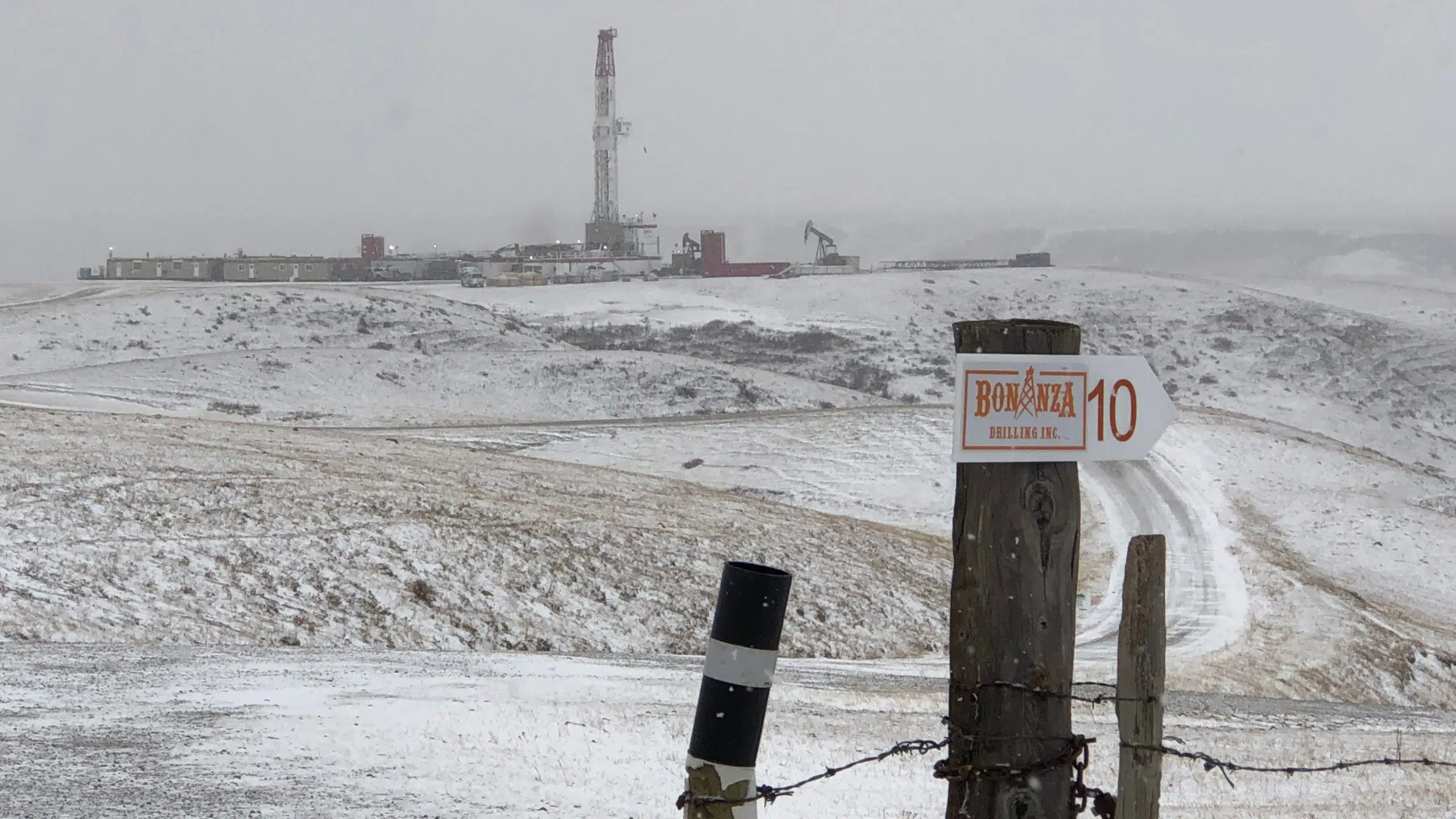
City of Lethbridge received information about urban drilling in October, but Mayor and council were left in the dark
LETHBRIDGE – It’s been a whirlwind 24 hours when it comes to urban drilling in Lethbridge.
No Drilling Lethbridge, a small volunteer group of local residents opposed to oil drilling and fracking within city limits, posted that drilling had been discovered in West Lethbridge on Sunday, Feb. 3.
They found that the Alberta Energy Regulator (AER) granted a two-year licence to Tamarack Acquisition Corporation on Nov. 21, 2018, to drill a production well within Lethbridge City limits.
This was news to Lethbridge City Council, which only learned of the community concerns via e-mail and social media over the weekend, and officially from city administration late Monday morning.


